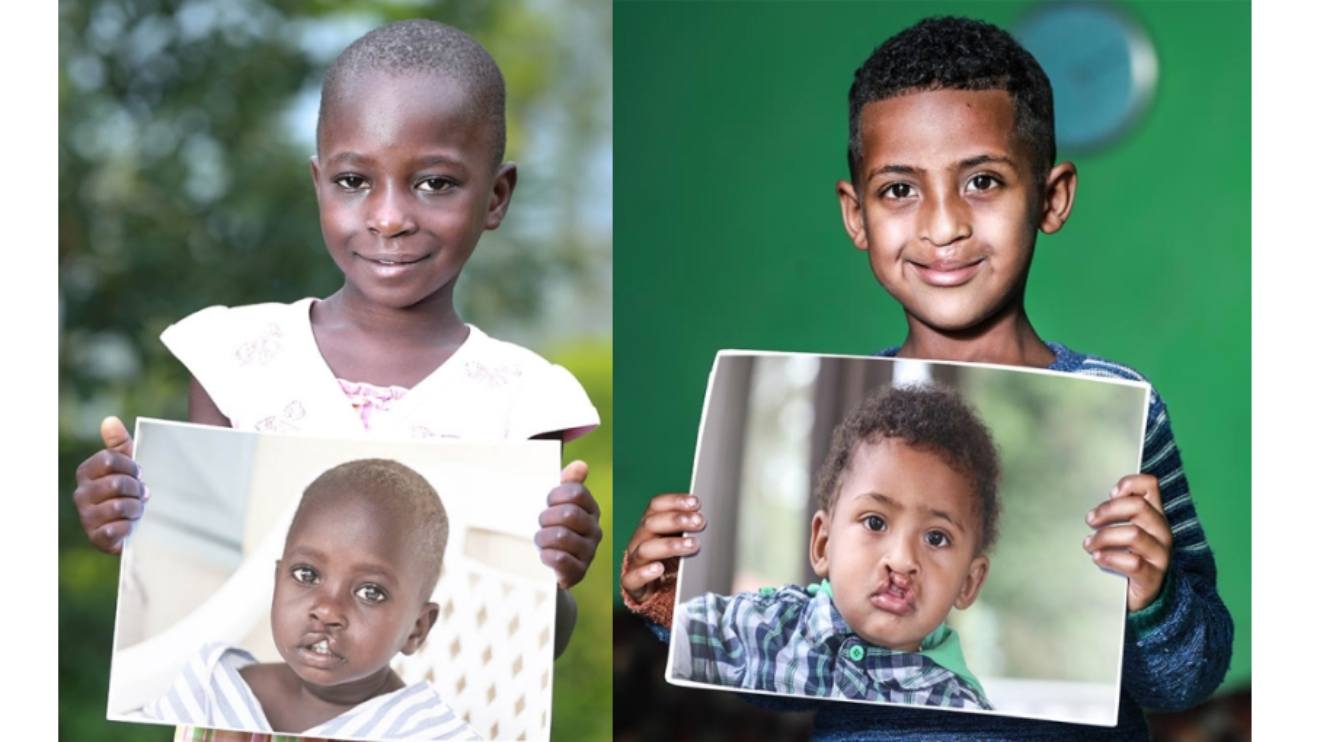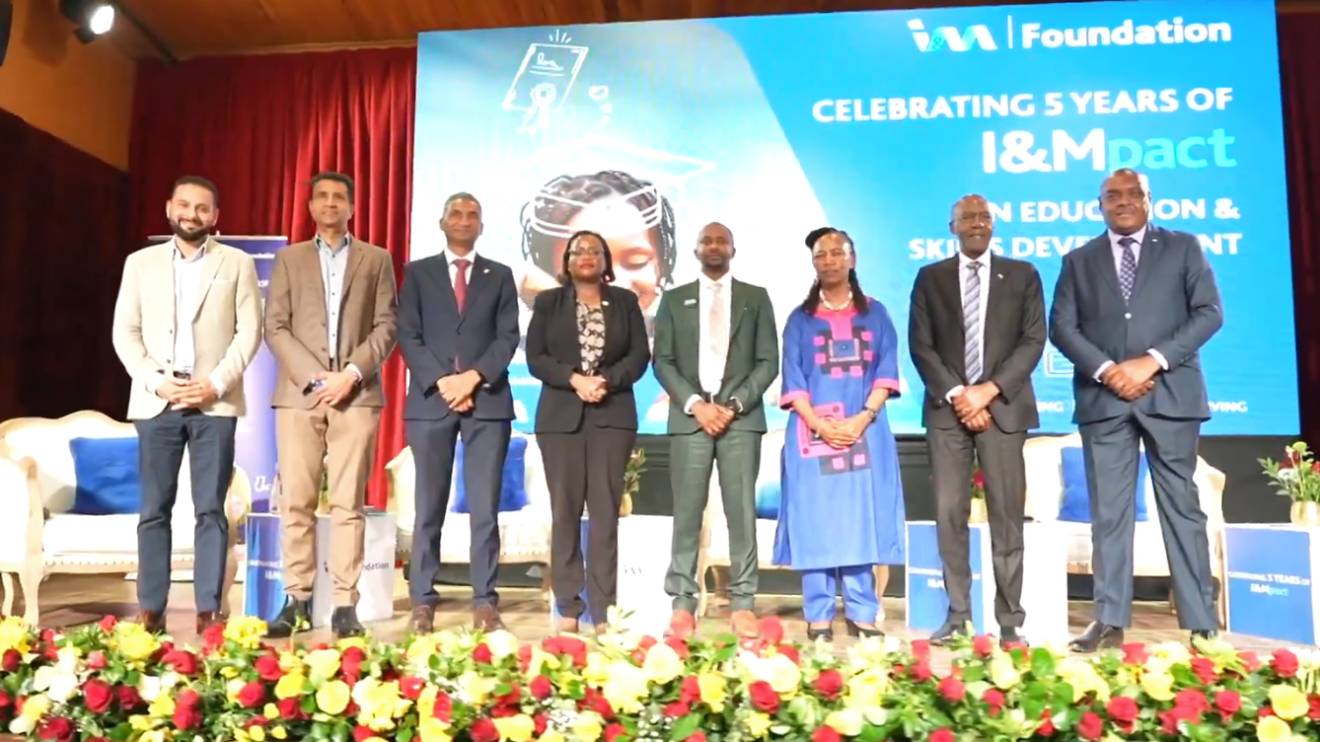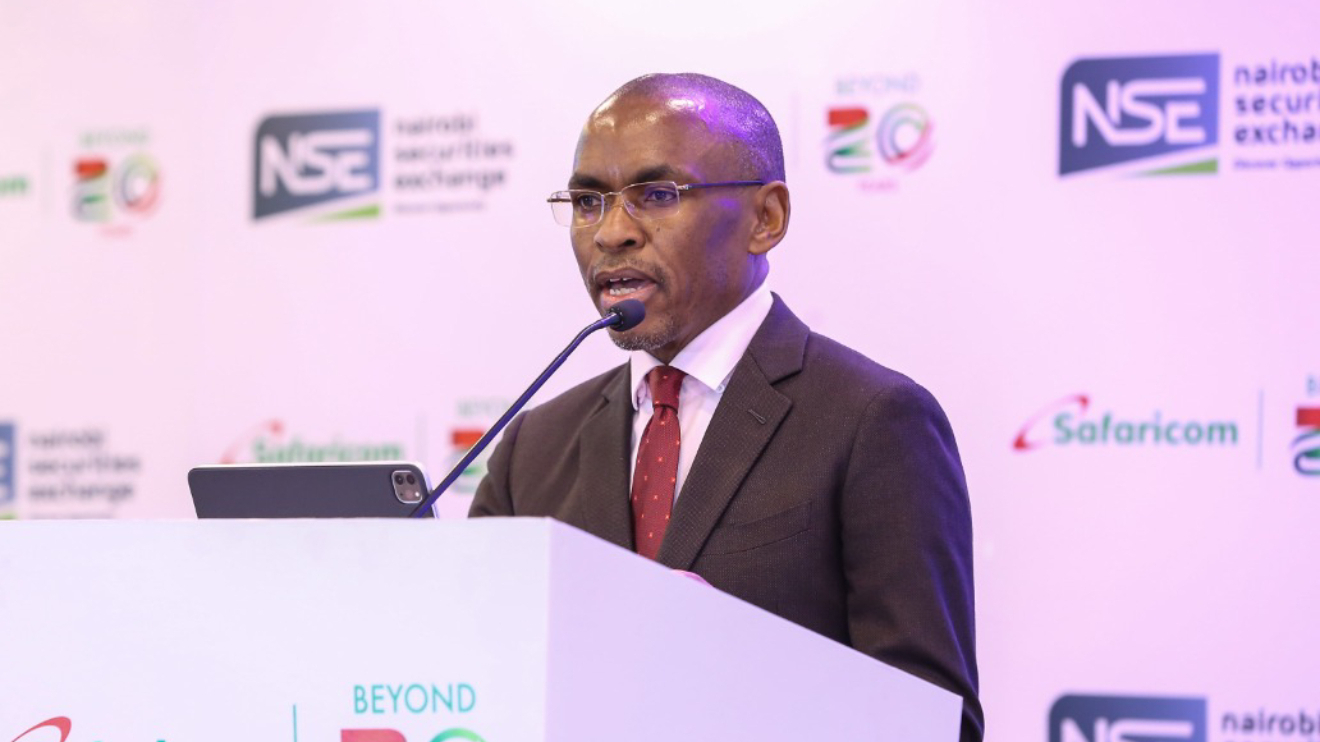Ahead of Global Surgery Day and the 77th World Health Assembly, Smile Train, the world's largest cleft-focused organization, unveiled a new study highlighting the transformative economic impact of their 25-year commitment to cleft care.
Titled "Smile Train at 25: $69 Billion in Impact," the report measures the tangible benefits accrued by communities worldwide through Smile Train's sustainable and local model of supporting cleft surgery and essential care.
Their work has demonstrably boosted economies by a staggering $69 billion USD across more than 90 countries.
This translates to a regained 11 million total productive life years for cleft surgery patients globally, measured in averted disability-adjusted life years (DALYs).
Africa has witnessed a particularly remarkable impact. Smile Train has supported a staggering 149,249 primary cleft surgeries there, resulting in 1.14 million years lost to disability being averted and an economic benefit exceeding $2.5 billion.
Read More
Nkeiruka Obi, Vice President and Regional Director for Africa, Smile Train, emphasised the long-term advantages, stating, “Smile Train’s programs in Africa began in 2002 and the economic impact is felt in our earliest beneficiaries, who can now go to work and have a better quality of life."
"The return on investment is exciting for a highly diverse and expansive region. We credit part of our success to collaborations with like-minded organizations and institutions, which have enhanced our capacity to sponsor safe, timely, and quality care."
"We are now taking it to the next level by leveraging data to support governments whose surgical and anaesthesia policies are at different stages of development and implementation. Our commitment to innovation has also been instrumental in ensuring we are continuously advancing safe and timely cleft care," Obi added.
Highlighting the global significance of these findings, Susannah Schaefer, President and CEO of Smile Train, stated, “We’re thrilled to share this latest study showcasing the economic impact of our work."
"$69 billion put back into local economies around the world is no small feat, and these incredibly impactful numbers are all thanks to the dedicated efforts of our worldwide team who understand and prioritize our sustainable and local model of supporting surgery and other forms of essential cleft care."
It's time that the international medical community follows suit and recognizes the cost-effectiveness of integrating comprehensive cleft care into their health systems in order to provide every child with a cleft in need the access to the care they deserve and the future they can achieve for themselves, their families, and their communities," Schaefer emphasized.
The study reveals a compelling 150-fold return on investment for a single cleft surgery.
With a commitment of just $400 towards one cleft surgery, as much as $60,000 is put back into the local economy, as former cleft patients go on to contribute to economic output and lead full, productive lives.
Over the past quarter-century, Smile Train has sponsored over two million cleft surgeries, awarded more than $38 million in training and education grants to medical professionals, supported over 600,000 families with financial aid to access cleft care, collaborated with more than 6,000 partner surgeons, and partnered with 4,000 healthcare centres.
This new study, building upon data from 2001 to 2023, quantifies the undeniable truth that surgical care for cleft patients is a sound investment, yielding substantial economic returns at individual, national, and global levels.








-1757243598.jpg)
-1757244564.jpg)
-1757101509.jpg)
